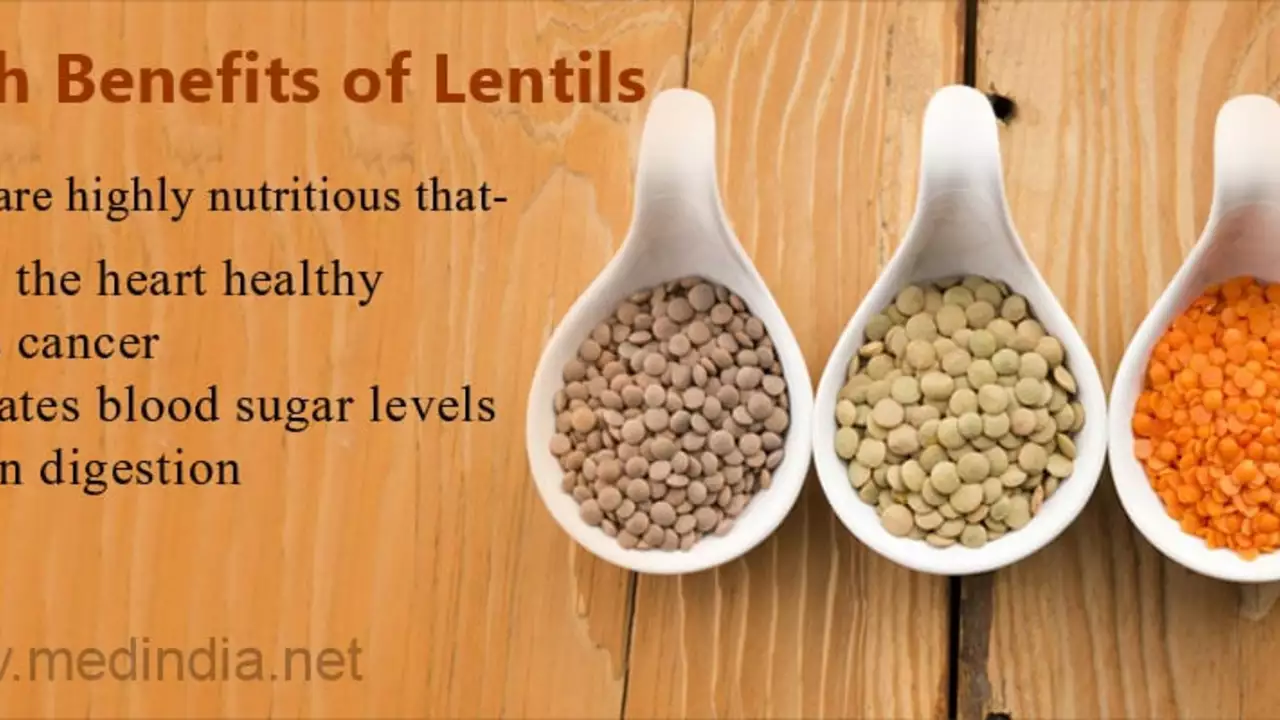Secret Ingredient: How to Spot Hidden Ingredients in Meds and Supplements
Ever taken a pill and wondered what you didn’t know? 'Secret ingredients' aren’t always sinister, but they can cause allergies, drug interactions, or reduce effectiveness. With online pharmacies and trendy supplements, hidden or vague ingredient lists are common. Here’s how to protect yourself quickly and confidently.
Read labels like a pro
Start with the active ingredient — that tells you what the medicine actually does. Next scan inactive ingredients and excipients: fillers, dyes, preservatives, and sweeteners can trigger reactions. Watch for terms like 'proprietary blend' or 'natural flavor' — those phrases can hide amounts and specific compounds. If an ingredient is unclear, look up its chemical name or ask a pharmacist.
Keep an allergy and drug-interaction list on your phone. Before trying a new product, compare the ingredient names to your list. Also check for cross-reactive classes, like sulfa drugs or lactose in capsules. If you rely on generics, compare the active ingredient and dose to the brand version — generics are safe but formulations can differ in fillers.
Buying online: quick safety checks
When ordering meds or supplements online, pick pharmacies that require a prescription for prescription drugs. Verify licensing and check reviews from real customers. Avoid sites with vague company information, unusually low prices, or pushy marketing. Look for third-party testing badges like USP or NSF on supplements — that means the contents were tested for purity and accuracy.
Check the product page for full ingredient lists, lot numbers, manufacturer name, and country of origin. If a seller won’t share batch testing or contact details, move on. For imported packages, know your country’s import rules — some meds get held at customs and may be flagged for missing details.
Ask your pharmacist for a quick ingredient check. Pharmacists can spot hidden interactions and suggest safer alternatives. If you’re traveling or ordering internationally, pack an allergy card that lists key ingredient names and what to avoid.
Spotting a secret ingredient often comes down to reading labels, asking one question, and trusting a licensed source. Take 60 seconds to check the active ingredient, scan the fine print for fillers or proprietary blends, and confirm the seller’s credentials. That small habit will cut risk and keep your meds working as they should.
Here are specific red flags and safe moves: if a product lists vague terms without amounts, skip it; if price is far below usual retail, double-check authenticity; if the seller ships from unknown countries without documentation, expect customs delays. Prefer products with clear manufacturer names and lot numbers. For supplements, choose brands that offer a Certificate of Analysis or third-party lab report. For prescription meds, insist on a written prescription and a chance to speak with a pharmacist. Keep photo records of packages and labels when you receive them. If something feels off—odd smell, different color, missing leaflet—stop use and contact a healthcare provider. You can also report suspicious products to regulatory authorities in your country.
Stay curious and ask questions every time.

Lecithin: The Secret Ingredient Your Diet Has Been Missing
I just discovered that Lecithin, a naturally occurring fat, might be the secret weapon our diets have been lacking. It's found in foods like eggs, soybeans, and sunflower seeds and is packed with health benefits. Not only does it aid in digestion, but it also helps in maintaining a healthy heart and brain. It's time we all start incorporating more Lecithin-rich foods into our meals. Who knew this underrated ingredient could be so vital to our wellbeing?

Lecithin: The Secret Ingredient Your Diet Has Been Missing
In my latest blog post, I delve into the wonders of lecithin, a lesser-known but powerful dietary ingredient. I discovered how lecithin, a type of fat that's crucial for cell function, can be a game-changer for our health. It's been linked to improving digestion, heart health, and even brain functioning. The best part? It's found in many common foods like eggs, soy, and sunflower seeds. So, spice up your diet and give your health a boost by introducing lecithin into your meals.
